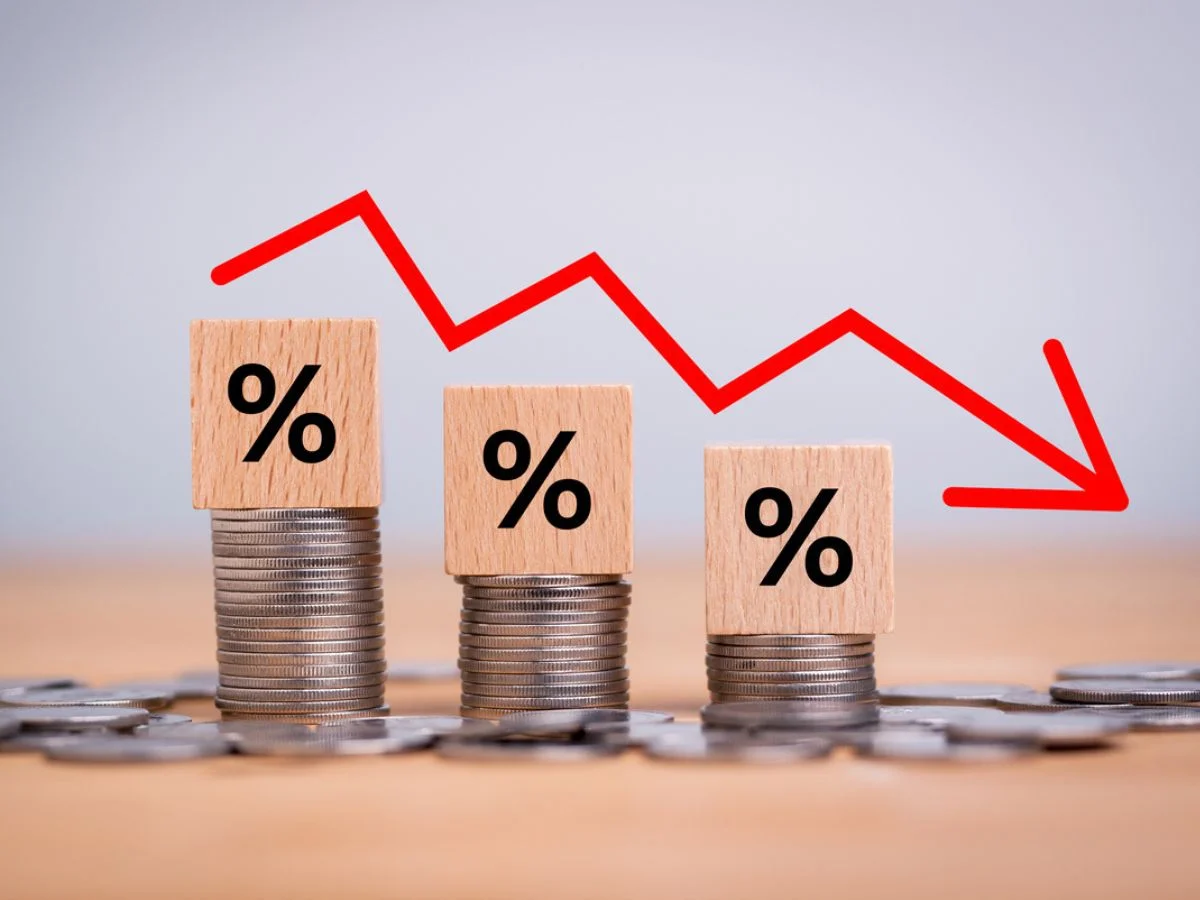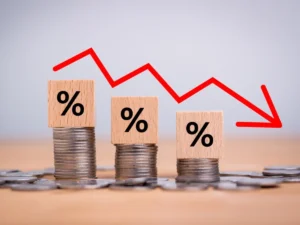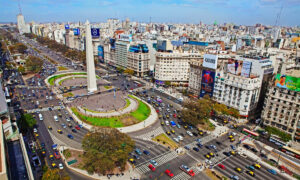Global markets fall due to inflation
Fall of International Markets: A Harbinger of Global Economic Slowdown?
The recent drop in international markets has shaken investor confidence and raised alarms across various economies around the world. Major stock exchanges have experienced considerable declines, prompting many to question the underlying causes of this troubling trend.
One of the main factors highlighted in this context is the rise in inflation rates that are affecting several countries, particularly in Europe and America. Inflation has reached levels not seen in decades, and the prices of essential goods and services continue to climb. This has led central banks to consider adjustments in their monetary policies, adding a level of uncertainty to the markets.
Experts point out that inflation has been driven by a combination of factors, including bottlenecks in supply chains, rising energy prices, and post-pandemic recovery. These elements have created an explosive cocktail that has destabilized the global economy, exacerbating the already existing inflation crisis.
In response to this situation, central banks have begun to raise interest rates in an attempt to contain inflation. However, this strategy also poses significant risks. An increase in interest rates can slow economic growth, as credit becomes more expensive and less accessible to businesses and consumers. This, in turn, could lead to an economic recession.
In the United States, the Federal Reserve has implemented a series of rate hikes in recent months. Meanwhile, in Europe, the European Central Bank is facing a similar dilemma. Analysts warn that if rates continue to rise, there could be a significant economic slowdown not only in these regions but globally. Growth projections have been revised downward, and economic uncertainty has become the new norm.
The impact of the market downturn is not limited to the financial sector. Companies, especially small and medium-sized enterprises, are feeling the pressure of an increasingly complex economic environment. As financing costs rise, many may be forced to cut staff or delay investments, which could have a domino effect throughout the economy.
Additionally, the average consumer is also facing challenges. With rising prices, purchasing power is eroded, which could lead to a decrease in consumption. This is particularly concerning as private consumption is one of the main drivers of economic growth in many nations.
The situation is further complicated by geopolitical instability in various regions of the world. Conflicts, trade tensions, and issues related to climate change are also influencing market confidence. Investors are cautious in the face of an uncertain landscape, and this is reflected in market volatility.
In this context, analysts suggest that it is essential for governments and central banks to act in a coordinated manner to mitigate the effects of inflation and stabilize markets. Fiscal and monetary policies must complement each other to ensure that jobs are protected and investment is fostered.
However, the challenges are immense. The interconnectedness of global economies means that a problem in one region can have repercussions in others. Economic recovery is a challenge that will require a multifaceted approach, where international collaboration will be key.
Citizens also have a role to play in this situation. Financial education and economic planning are more relevant than ever. Understanding how monetary policy decisions can affect personal savings and investment is crucial for navigating these uncertain times.
As the world watches the evolution of this crisis, it remains to be seen how markets will react and what measures will be taken in the coming months. History shows that economies tend to experience cycles of boom and bust, but the speed and magnitude of current changes are a cause for concern.
The decline of international markets, driven by rising inflation and interest rates, could be the prelude to an era of global economic slowdown. The decisions made today will be crucial in determining the future economic landscape of the world. Uncertainty persists, and attention is focused on how policymakers will address these challenges in an increasingly complex global environment.
Meanwhile, citizens and businesses must prepare for an uncertain future by maintaining constant vigilance over economic trends and adapting their strategies accordingly. Resilience and adaptability will be vital in this emerging economic landscape.











Post Comment